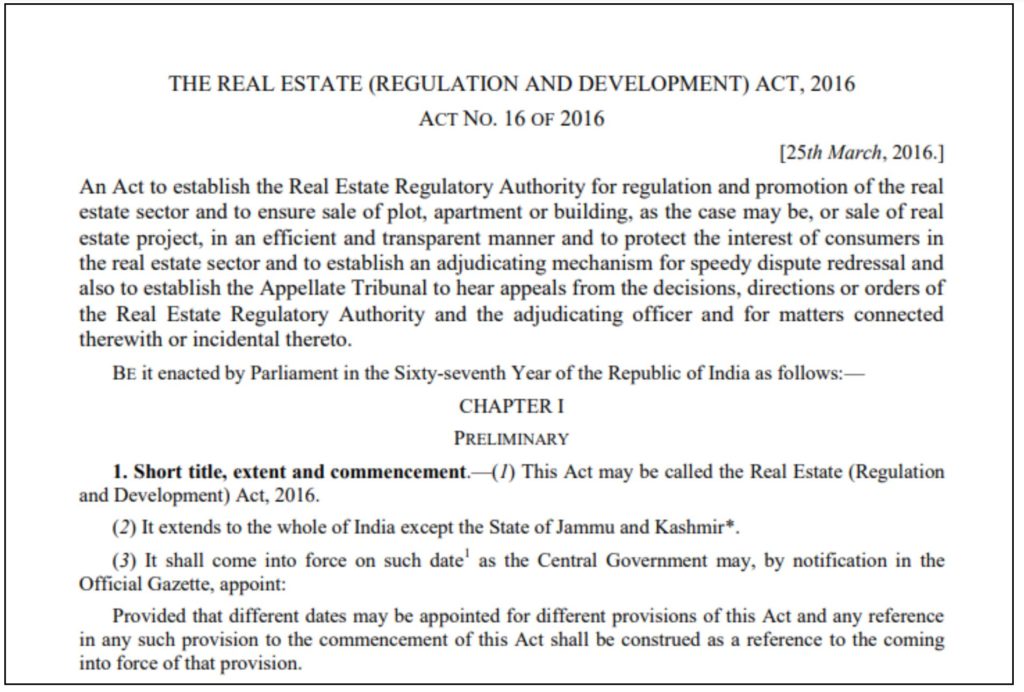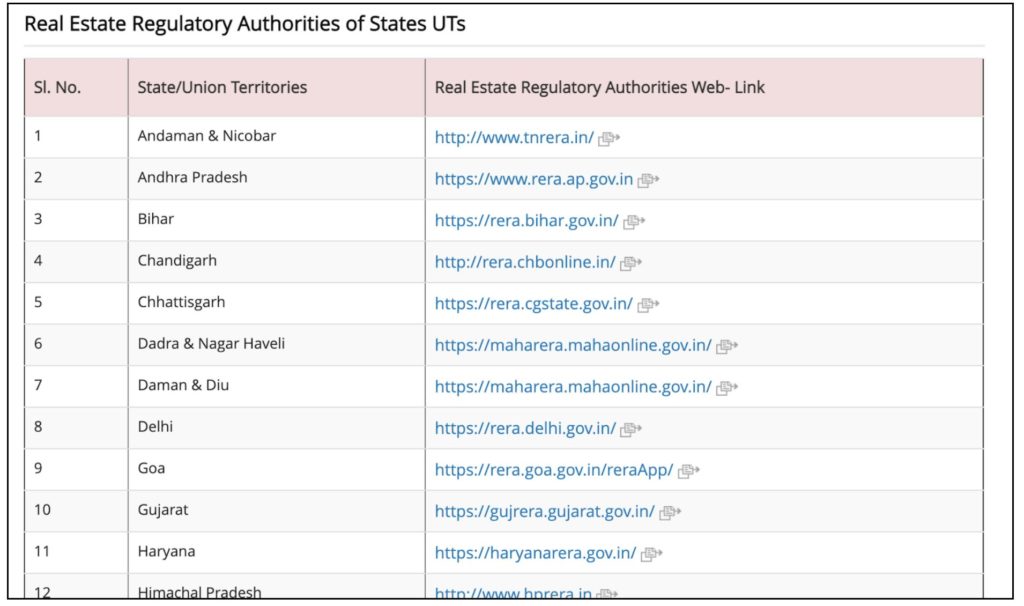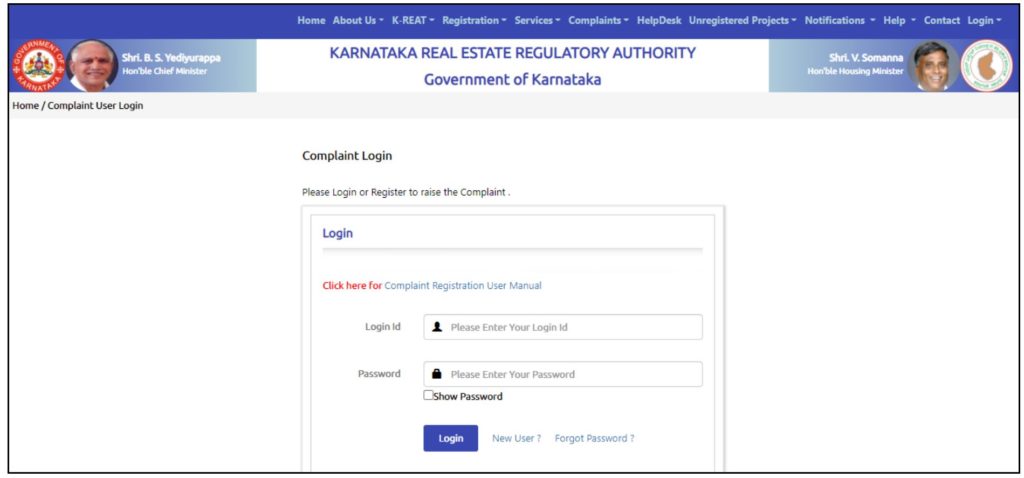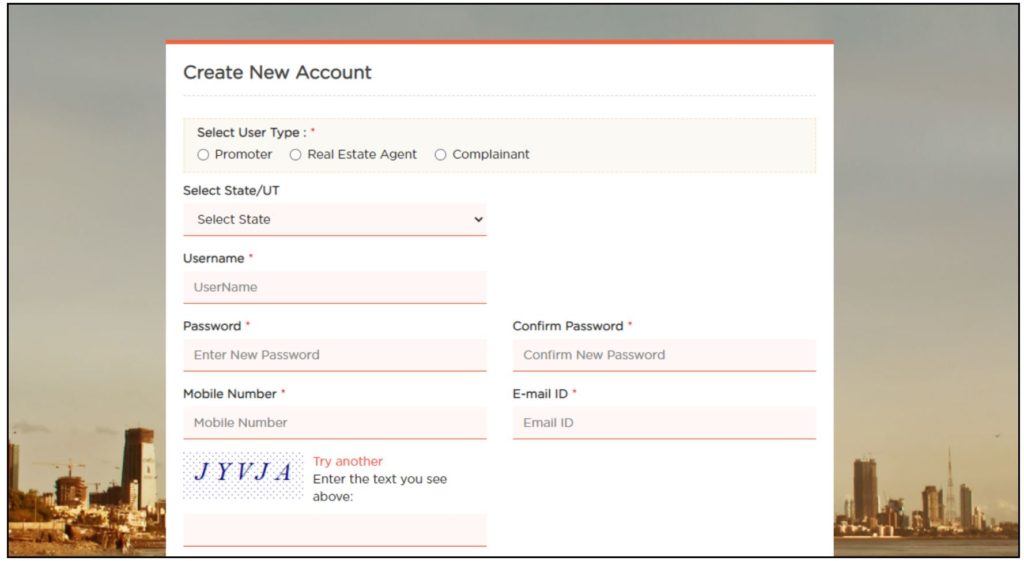The construction sector contributes nearly 8% to the national GDP. The real estate which is the mainstay of this sector is now effectively regulated under the Real Estate (Regulation And Development) Act. The act ensured the establishment of RERAs in every state. Here is an explainer about the rights of the Customers under this act.
The construction sector of which real estate is the mainstay is a major contributor to the economy. The sector contributes about 8% to the country’s GDP. The sector plays an important role in meeting the ever-increasing need and demand for housing and infrastructure in the country which is the 2nd most populous.
Over the past few decades, the sector has witnessed significant growth. At the same time, there was little transparency in how it operated. Lack of effective regulation also meant that the customers did not have access to a formal & faster grievance redress mechanism. In order to bring about accountability, transparency, efficiency, and also to establish an adjudicating mechanism for speedy dispute & grievance redressal, the Government of India passed the Real Estate (Regulation And Development) Act, 2016 which is more popularly known as RERA Act.
RERA Act was passed in 2016 to reform & regulate the real estate sector
RERA Act was passed in 2016 and some of its provisions came into effect the same year. All sections of the Act were implemented from 2017. The Act brought with it several reforms in the sector while addressing the concerns of builders, homebuyers, agents/brokers, and other stakeholders in the industry. The Act is currently being implemented in 26 States/UTs.

Real estate properties above 500 square metres should be registered with RERA
A Real Estate Regulatory Authority (RERA) has been established under this Act in each state in order to regulate the sector and act as a body for speedy grievance redressal. The Act mandates the registration of all real estate projects where the area of land is above 500 square metres, or eight apartments. Promoters or the builder/developer must register with RERA along with necessary documents such as sanctioned plan, project details, approvals, and certificates of the project, etc. The application must be approved or rejected by RERA within a period of 30 days from the date of application. Upon registration, the promoter is given a registration number, login ID, and password for filling up necessary details in the respective state’s RERA website. Failure to register will invite a fine amounting to 10% of project cost and 3 years imprisonment. Even real estate agents or brokers who are involved in the sale of the property must register themselves with RERA.
The act lists out rights of Homebuyers & Customers
With respect to customers or homebuyers, the act grants the following rights;
- If a customer pays advance for a project based on the information in the brochure or advertisement which is misleading and makes false claims, then the promoter is obliged to compensate the customer by repaying them along with interest if the customer wishes to withdraw from the project. The penalty for the same can go up to 5% of the project cost.
- It is not legal for the promoter to accept an amount more than 10% of the property’s cost as advance from the customer before entering into a written agreement for sale and registering the same. The sale agreement must contain specifications of the property, dates of milestones & possession, manners of payment, interest applicable in case of default, etc.
- The price of the property is to be calculated on the basis of carpet area. The term carpet area was given a clear definition under this Act. It is defined as ‘the net usable floor area of an apartment, excluding the area covered by the external walls, areas under services shafts, exclusive balcony or verandah area and exclusive open terrace area, but includes the area covered by the internal partition walls of the apartment.’
- To protect customers from the risk of builder insolvency, the builder must deposit 70% of the amount realized for the project into a separate bank account. Withdrawal from the account can be made according to the level of completion of the project. This ensures that the funds do not get diverted for other purposes.
- In case the promoter does not complete the project within the due date or discontinues, the customer has the right to opt-out of the project and is entitled to a full refund of the amount paid along with interest payable from the due date of completion till the amount is refunded. Furthermore, if the customer discovers a defect in the title of property even after possession, they can claim compensation from the promoter. There is no time limit for this claim.
- The customer is entitled to obtain the information relating to sanctioned plans, layout plans along with the specifications approved by the competent authority, status of completion, and all other such information as provided in this Act or the agreement for sale signed with the promoter.
Aggrieved persons can file complaint against promoters and agents under RERA
Every state government was to establish the RERA within a year of implementation of the Act. Any aggrieved person who finds that the provisions of the Act are being violated or contravened, they can file a complaint against the promoter or agent, with the RERA in his/her state. The URL of the RERA websites in different states is available here. An aggrieved person, in this case, includes the association of allottees or any voluntary consumer association registered under any law. The complaint has to be disposed within a period of sixty days by the respective RERA.

For instance, on Maharashtra’s RERA website, one may create a new account as a complainant and file the complaint by filling in the necessary details and uploading the required documents. The website also has a detailed user manual for the complainants that provides the step by step process to be followed. The websites also have provisions for fee payment. The fee for filing a complaint is different for different states. For instance, the fee is Rs. 5000 in Maharashtra and Rs. 1000 in Karnataka.
Similarly, Karnataka’ RERA also has a well-maintained website with a user manual for complaint registration.

Tribunals have also been established
Furthermore, the state governments are to establish Real Estate Appellate Tribunal with one or more benches of the same consisting of a judicial member and an administrative or technical member. An aggrieved person who is not satisfied with the decision of the RERA can file an appeal with the tribunal where the issue has to be redressed within 60 days. If the promoter is approaching the Tribunal, their case will be entertained only upon depositing an amount of at least 30% of the penalty or more, as determined by the authority.
RERA has brought about standardization in the sector
The RERA Act was enacted to ensure greater transparency & accountability in the real estate sector and to protect the interests of the customers and other stakeholders. The act has ensured standardization, availability of information to the customer, adherence to due dates, etc. It has also ensured that customers have access to an easy to access grievance redressal mechanism.
We would discuss some of the important rulings of the various state RERAs in the subsequent stories.
Featured Image: Rights of Customer under RERA act



